A Comprehensive Guide to Makeup Jobs: Unveiling Opportunities and Navigating the Industry
Related Articles: A Comprehensive Guide to Makeup Jobs: Unveiling Opportunities and Navigating the Industry
Introduction
With great pleasure, we will explore the intriguing topic related to A Comprehensive Guide to Makeup Jobs: Unveiling Opportunities and Navigating the Industry. Let’s weave interesting information and offer fresh perspectives to the readers.
Table of Content
A Comprehensive Guide to Makeup Jobs: Unveiling Opportunities and Navigating the Industry
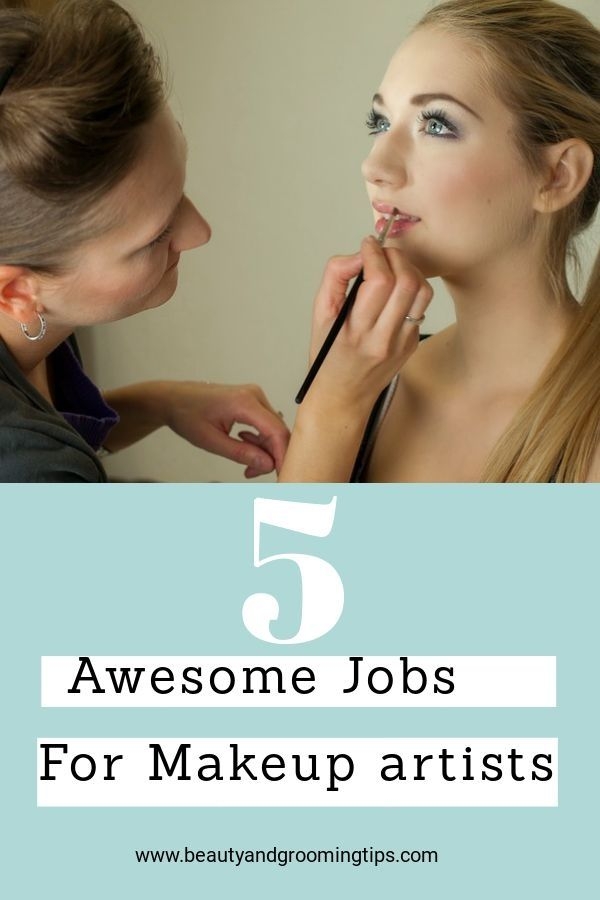
The world of makeup artistry is a dynamic and ever-evolving landscape, offering a diverse range of career paths for creative individuals with a passion for beauty. From the glamour of film sets to the intimacy of bridal preparations, makeup artistry plays a crucial role in enhancing natural features, transforming appearances, and boosting confidence. This comprehensive guide delves into the intricacies of makeup jobs, providing insights into various roles, essential skills, career progression, and the evolving landscape of the industry.
Understanding the Makeup Industry: A Diverse and Dynamic Landscape
The makeup industry encompasses a vast array of roles, catering to different needs and aesthetics. From traditional beauty makeup to the avant-garde artistry of special effects, the industry offers a spectrum of opportunities for individuals with diverse skills and interests.
Key Roles in the Makeup Industry:
- Beauty Makeup Artist: This role focuses on enhancing natural features and creating polished, everyday looks. Beauty makeup artists work in various settings, including department stores, salons, and freelance.
- Bridal Makeup Artist: Specializing in bridal makeup, these professionals create timeless and elegant looks for brides and their bridal parties. This role often involves consultations, trial runs, and on-site application.
- Special Effects Makeup Artist: This highly specialized role involves creating prosthetics, wounds, and other special effects for film, television, and theatre. These artists often possess advanced sculpting, molding, and painting skills.
- Fashion Makeup Artist: Fashion makeup artists collaborate with photographers, designers, and stylists to create cohesive looks for fashion shoots, runway shows, and campaigns.
- Celebrity Makeup Artist: These artists work with celebrities and public figures, creating looks for red carpet events, magazine covers, and television appearances.
- Airbrush Makeup Artist: This technique utilizes an airbrush to apply makeup, resulting in a flawless and long-lasting finish. Airbrush makeup artists work in various settings, including beauty salons, bridal studios, and film sets.
- Makeup Educator: Makeup educators share their knowledge and expertise by teaching makeup techniques to students, professionals, and enthusiasts. They often work in schools, academies, and beauty brands.
- Makeup Product Developer: These professionals are involved in the creation and development of new makeup products, formulas, and packaging. They work closely with chemists and researchers.
Essential Skills for Makeup Artists:
- Artistic Talent: A keen eye for detail, color theory, and composition is essential for creating visually appealing looks.
- Technical Proficiency: Proficiency in applying makeup techniques, understanding different skin types, and using various tools and products is paramount.
- Communication Skills: Effective communication with clients, understanding their needs and preferences, and providing clear instructions is crucial.
- Creativity and Adaptability: The ability to adapt to different styles, trends, and client requests is essential for success in the industry.
- Business Acumen: For freelance artists, strong business skills, including marketing, networking, and financial management, are essential for building a successful career.
Career Progression in Makeup Artistry:
- Start with a Strong Foundation: Begin by gaining a solid foundation in makeup techniques through formal education or apprenticeships.
- Build a Portfolio: Create a portfolio showcasing your skills and versatility, showcasing different styles and makeup looks.
- Networking and Marketing: Attend industry events, connect with other professionals, and actively market your services.
- Specialization and Expertise: Consider specializing in a specific area of makeup artistry, such as bridal, special effects, or airbrush makeup.
- Continuous Learning: Stay abreast of the latest trends, techniques, and products by attending workshops, seminars, and industry events.
The Evolving Landscape of Makeup Jobs:
- Digital Influence: The rise of social media has significantly impacted the makeup industry, creating new avenues for artists to showcase their work and build a following.
- Online Learning: Online platforms offer a wide range of makeup courses and tutorials, providing accessible learning opportunities for aspiring artists.
- Sustainability and Inclusivity: The industry is increasingly embracing sustainable practices and promoting inclusivity, offering a wider range of products and services to cater to diverse needs.
- Technological Advancements: Technological innovations, such as virtual makeup apps and AI-powered tools, are transforming the way makeup is applied and experienced.
FAQs about Makeup Jobs:
1. What level of education is required for a makeup artist?
While a formal education is not always mandatory, it can provide a strong foundation and industry recognition. Options include beauty schools, makeup academies, and specialized courses.
2. What are the average salaries for makeup artists?
Salaries for makeup artists vary significantly depending on experience, location, and specialization. Entry-level artists may earn hourly wages, while established professionals can command higher fees for their services.
3. How can I build a successful freelance makeup career?
Building a successful freelance career requires strong business skills, effective marketing, and a dedicated network. Creating a professional website, utilizing social media platforms, and attending industry events are crucial steps.
4. What are the challenges of working as a makeup artist?
Challenges include irregular work hours, competition, the need for constant learning, and the pressure to stay up-to-date with trends.
5. What are the benefits of a career in makeup artistry?
Benefits include creative expression, working with people, contributing to a positive self-image, and the potential for growth and advancement.
Tips for Aspiring Makeup Artists:
- Practice Consistently: Practice your skills regularly to hone your techniques and refine your artistry.
- Stay Informed: Keep up with the latest trends, techniques, and products by attending workshops, reading industry publications, and following influential makeup artists.
- Build a Strong Portfolio: Showcase your work through a professional website, social media platforms, and printed portfolios.
- Network with Industry Professionals: Attend industry events, connect with other makeup artists, photographers, and stylists.
- Offer Excellent Customer Service: Treat your clients with respect, listen to their needs, and provide a positive experience.
Conclusion:
The world of makeup artistry offers a rewarding and dynamic career path for individuals with a passion for creativity, beauty, and helping others feel confident and empowered. By pursuing formal education, honing technical skills, building a strong portfolio, and staying abreast of industry trends, aspiring makeup artists can navigate this exciting field and build successful and fulfilling careers.
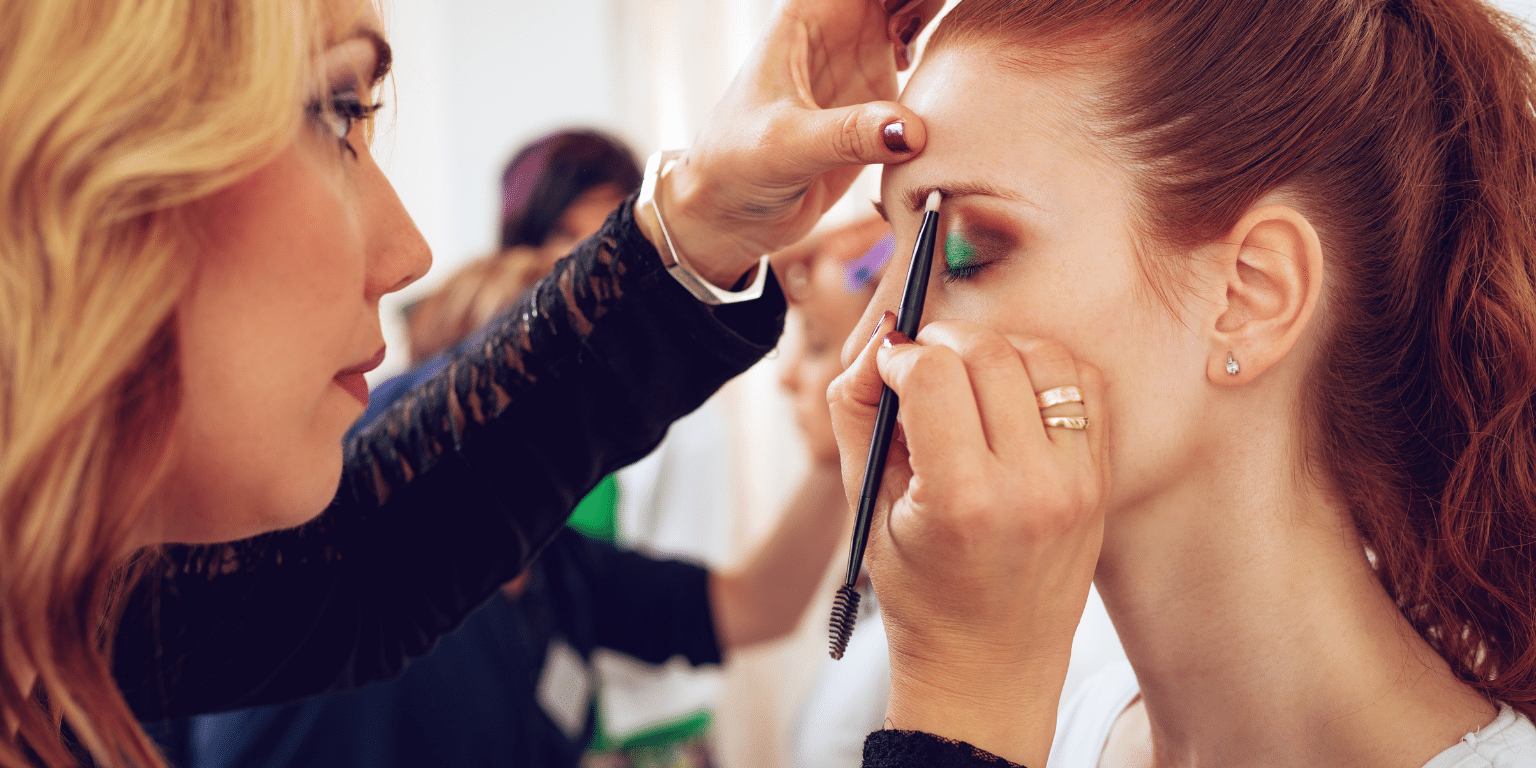
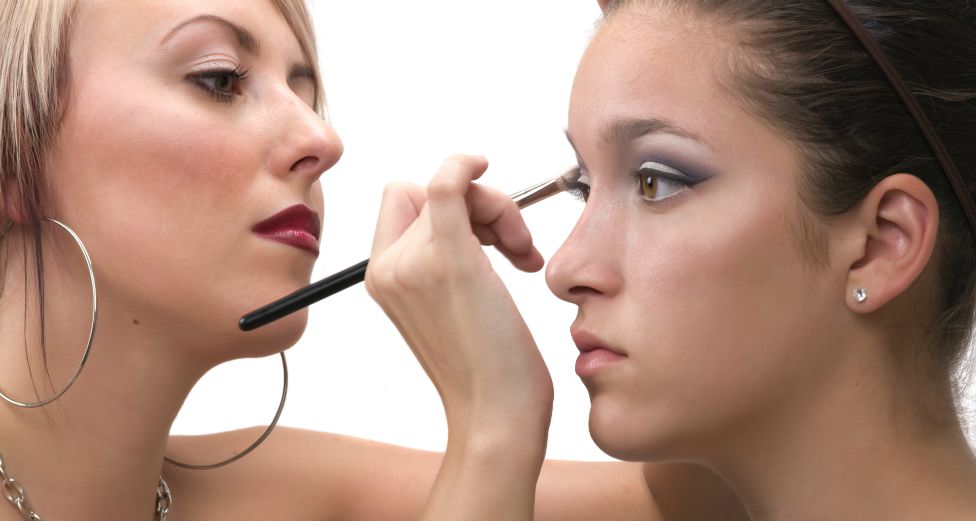
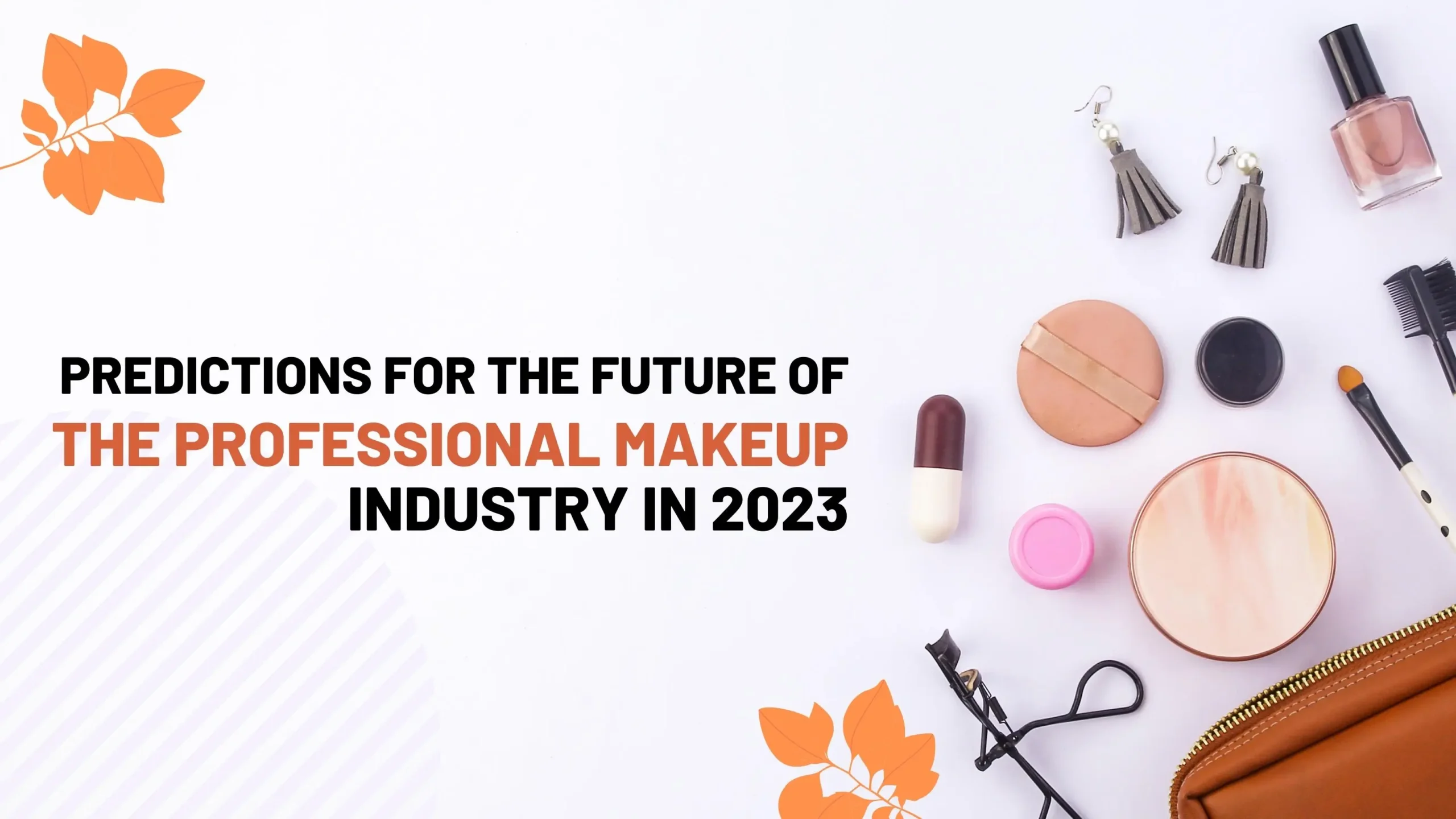
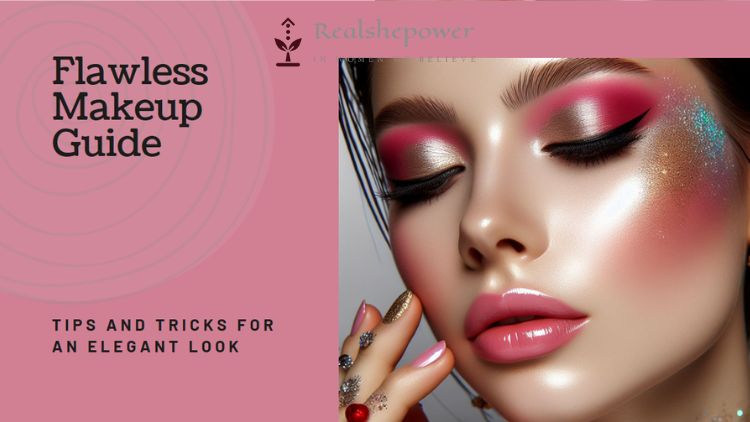

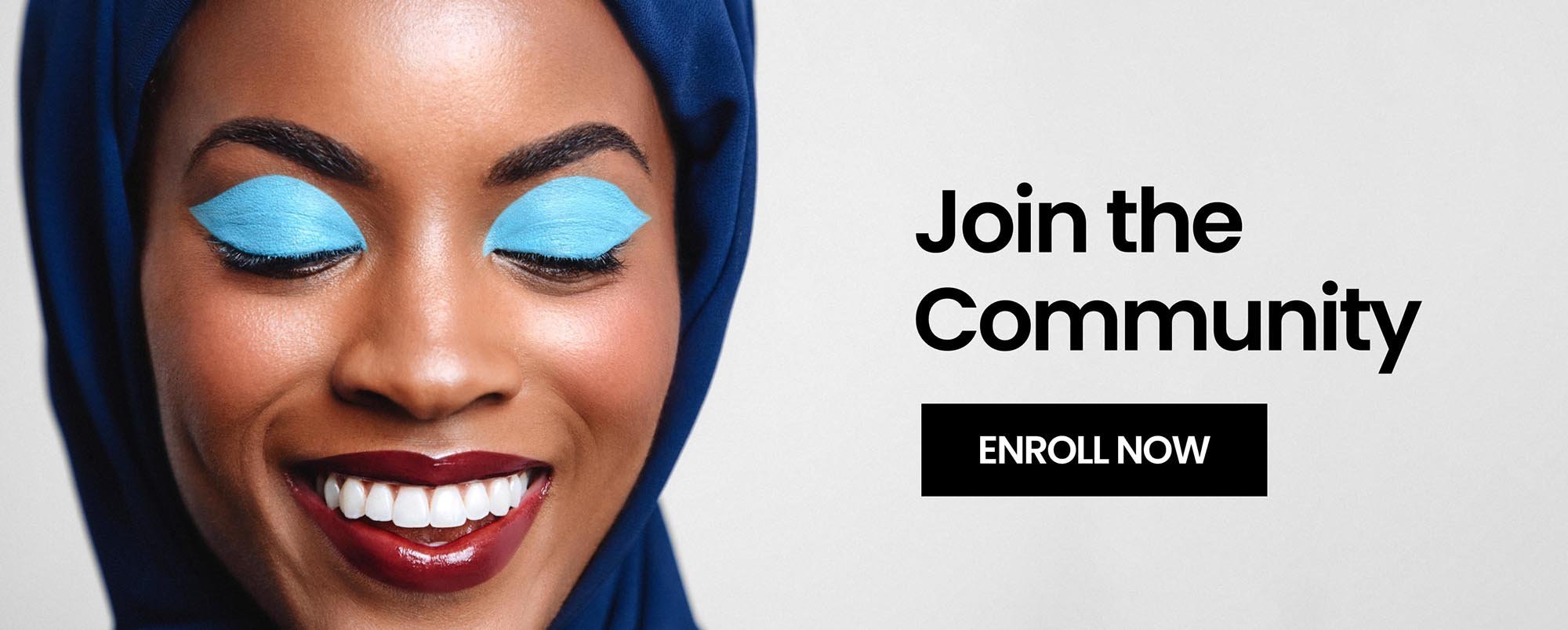
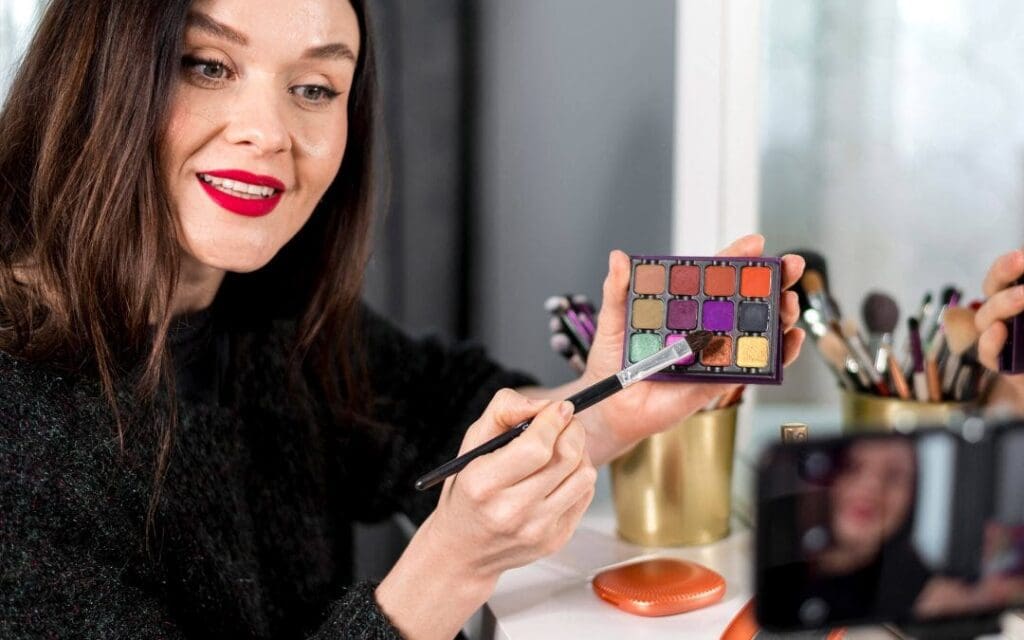

Closure
Thus, we hope this article has provided valuable insights into A Comprehensive Guide to Makeup Jobs: Unveiling Opportunities and Navigating the Industry. We hope you find this article informative and beneficial. See you in our next article!